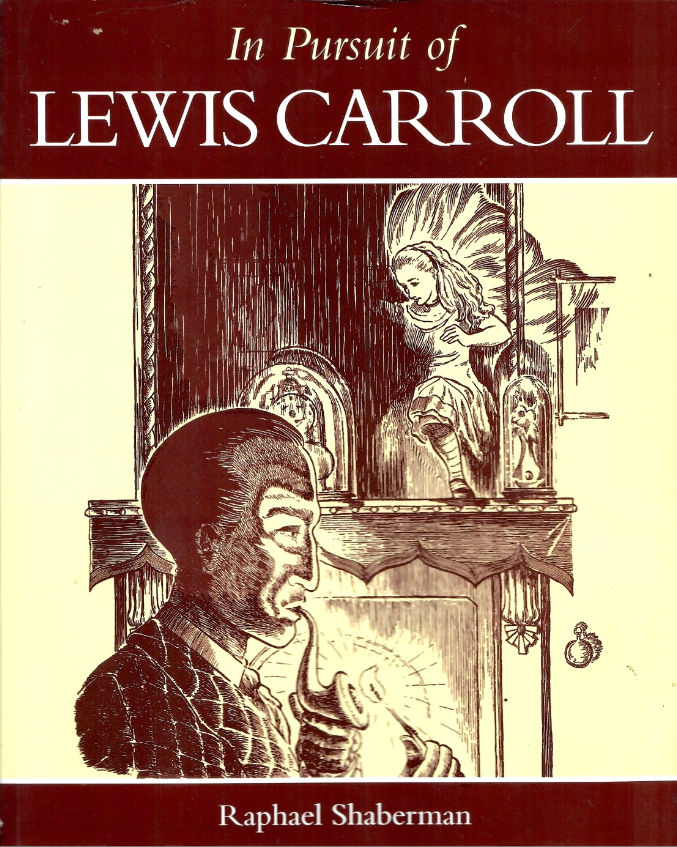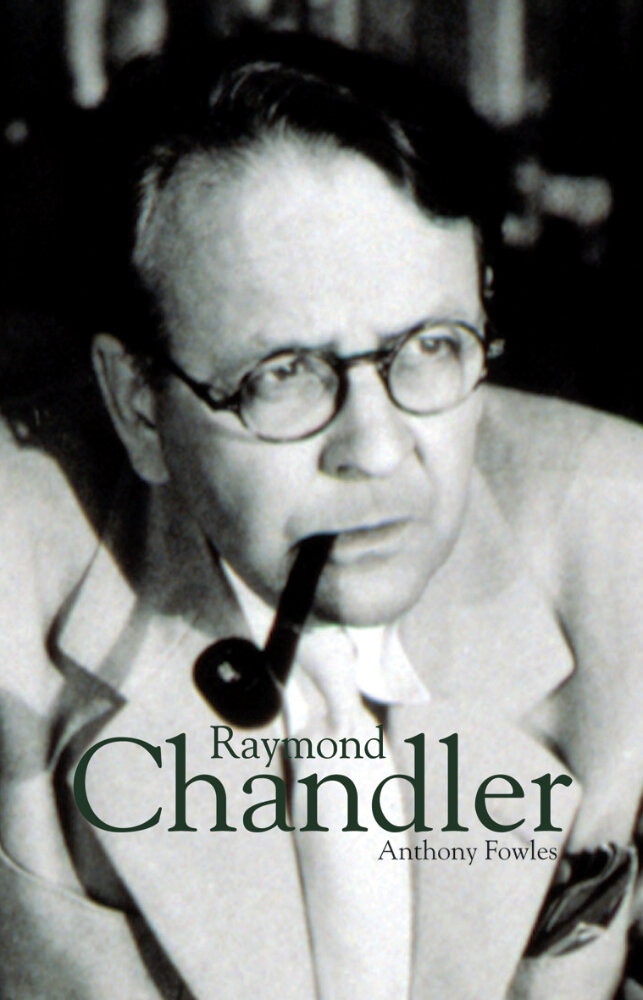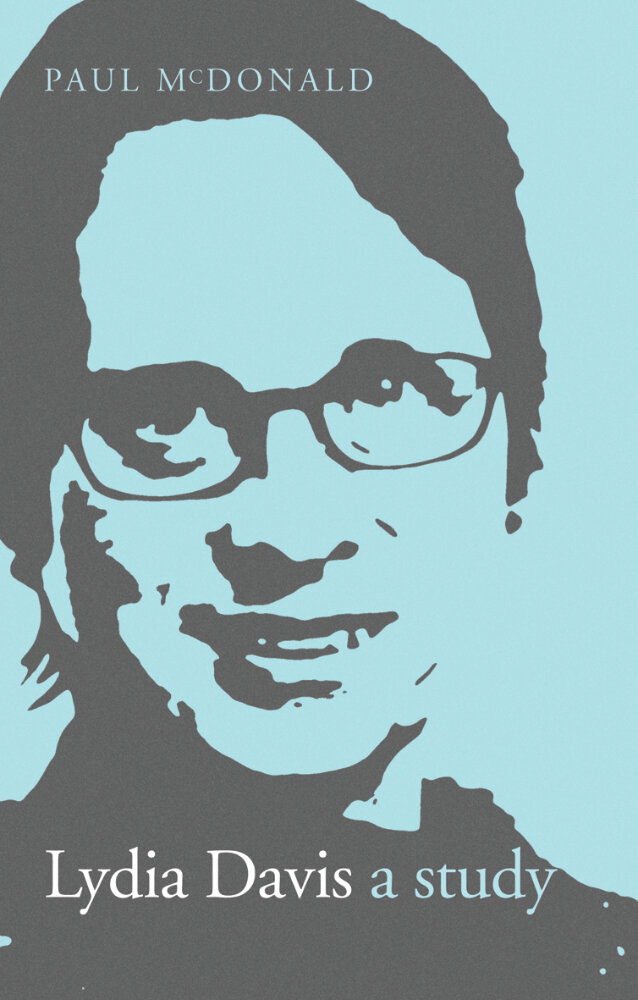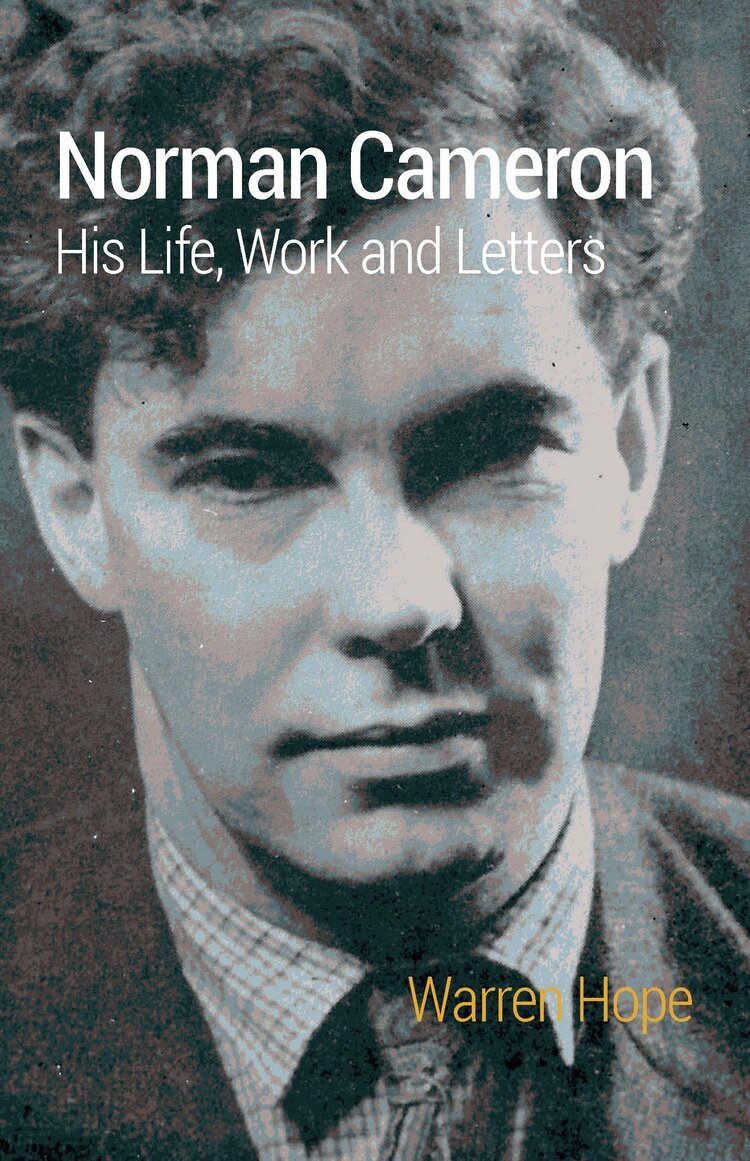 Image 1 of 1
Image 1 of 1


Thomas De Quincey's Consecration of Romanticism
When De Quincey read Wordsworth and Coleridge's Lyrical Ballads for the first time at the age of fifteen, he felt like he was reading about himself. He would never lose the feeling, especially when it came to the writing of his own life.
De Quincey’s publication of Confessions of An English Opium-Eater was like the opening of a new eye on literature and life. The author seemed suddenly to have extended the province of what it was permissible to write autobiography about. He could criticise previous confessional writings, but he could also point with scholarly knowledge and personal enthusiasm to the most exciting contemporary poets, Wordsworth and Coleridge, who had shown him ‘that inward eye’ with which De Quincey – and his readers – could look more deeply into inner-space, back in time, to the formation of our minds, of ourselves, of our souls.
De Quincey is the harbinger of the so-called Decadence, that movement in France and England characterised by a delight in the perverse and artificial, a craving for new and complex sensations, a desire to extend the boundaries of emotional and spiritual experience. He had many readers who made his Confessions their Bible and bedside book – not only because it mirrored their Romantic ideas and aspirations, but also because it revealed and consecrated a new and exciting literature, the literature of Wordsworth and Coleridge in the first half of the nineteenth century, and Baudelaire, Beardsley and Wilde in the second.
About the author:
Andrew Keanie is a lecturer at Ulster University. He has written books, articles, reviews and book chapters on several of the writers of the English Romantic era. He is a poet and musician and lives just outside Dungiven with his wife and near his grown-up daughter.
132 pages
ISBN: 978-1-910996-32-4
When De Quincey read Wordsworth and Coleridge's Lyrical Ballads for the first time at the age of fifteen, he felt like he was reading about himself. He would never lose the feeling, especially when it came to the writing of his own life.
De Quincey’s publication of Confessions of An English Opium-Eater was like the opening of a new eye on literature and life. The author seemed suddenly to have extended the province of what it was permissible to write autobiography about. He could criticise previous confessional writings, but he could also point with scholarly knowledge and personal enthusiasm to the most exciting contemporary poets, Wordsworth and Coleridge, who had shown him ‘that inward eye’ with which De Quincey – and his readers – could look more deeply into inner-space, back in time, to the formation of our minds, of ourselves, of our souls.
De Quincey is the harbinger of the so-called Decadence, that movement in France and England characterised by a delight in the perverse and artificial, a craving for new and complex sensations, a desire to extend the boundaries of emotional and spiritual experience. He had many readers who made his Confessions their Bible and bedside book – not only because it mirrored their Romantic ideas and aspirations, but also because it revealed and consecrated a new and exciting literature, the literature of Wordsworth and Coleridge in the first half of the nineteenth century, and Baudelaire, Beardsley and Wilde in the second.
About the author:
Andrew Keanie is a lecturer at Ulster University. He has written books, articles, reviews and book chapters on several of the writers of the English Romantic era. He is a poet and musician and lives just outside Dungiven with his wife and near his grown-up daughter.
132 pages
ISBN: 978-1-910996-32-4






